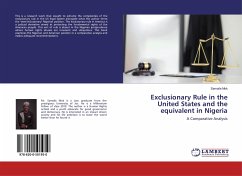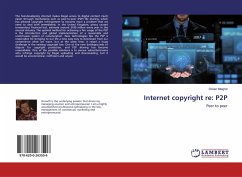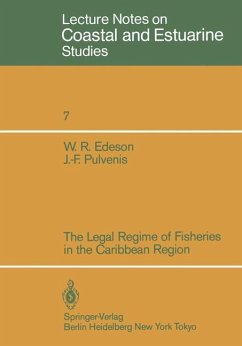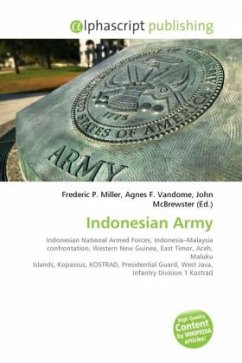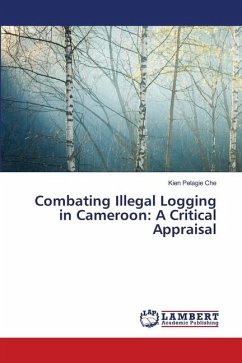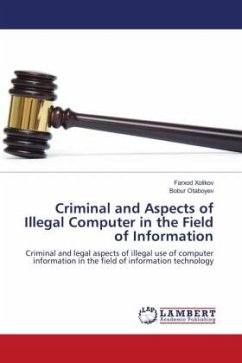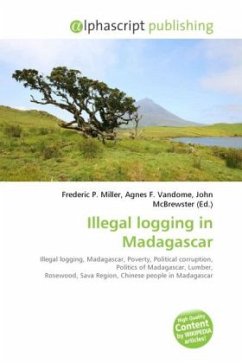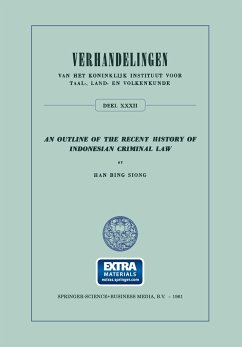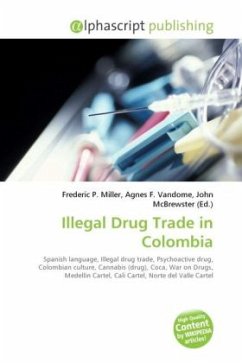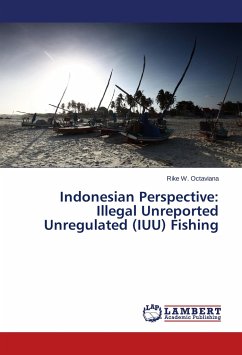
Indonesian Perspective: Illegal Unreported Unregulated (IUU) Fishing
Versandkostenfrei!
Versandfertig in 6-10 Tagen
19,99 €
inkl. MwSt.

PAYBACK Punkte
10 °P sammeln!
In recent years, IUU fishing is indeed a global concern. To many States, IUU Fishing is a maritime security threat, and therefore, UNTOC can be potentially applied for combating it. Although as the largest archipelagic State in the world, Indonesia has great concern over the IUU fishing as it is both a direct threat to Indonesia s effort to responsibly manage its fisheries resources and an impediment for achieving sustainable fishing. Indonesia is prone to IUU fishing because there are large sizes of fishing areas in Indonesia. IUU fishing is undoubtedly having negative economic, environmental...
In recent years, IUU fishing is indeed a global concern. To many States, IUU Fishing is a maritime security threat, and therefore, UNTOC can be potentially applied for combating it. Although as the largest archipelagic State in the world, Indonesia has great concern over the IUU fishing as it is both a direct threat to Indonesia s effort to responsibly manage its fisheries resources and an impediment for achieving sustainable fishing. Indonesia is prone to IUU fishing because there are large sizes of fishing areas in Indonesia. IUU fishing is undoubtedly having negative economic, environmental, ecological, and social impacts. To address this threat, it is required policy and legal framework in the international, regional, bilateral and national scopes, and also imperatively law enforcement in order to preserve the food security and sustainable development of fisheries resources. This analysis should encourage IUU fishing to become a new emerging crime under UNCTOC, and should be especially useful for the relevant stakeholders.





